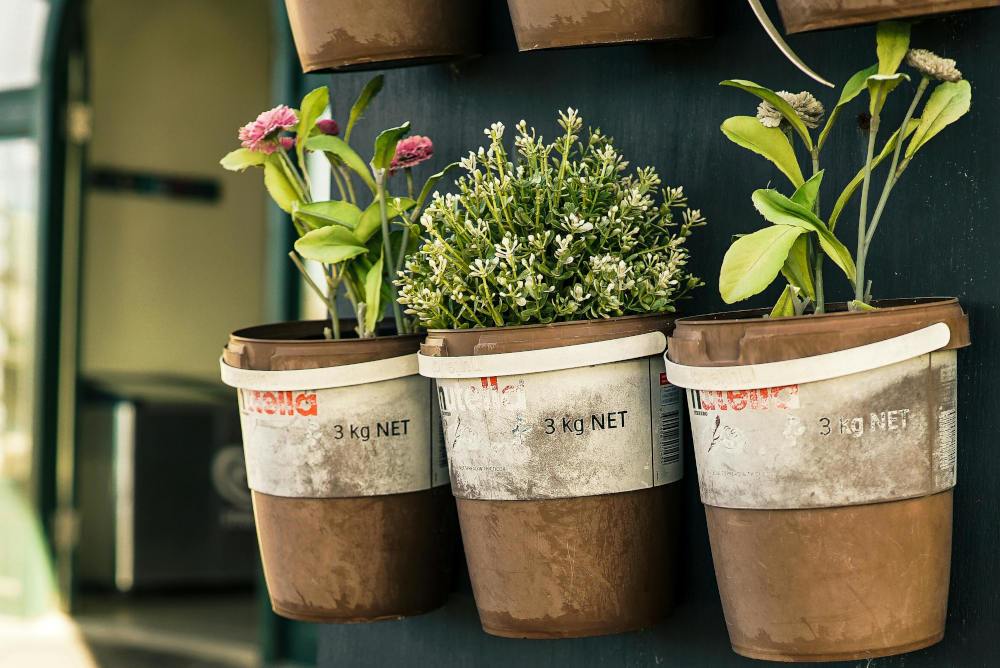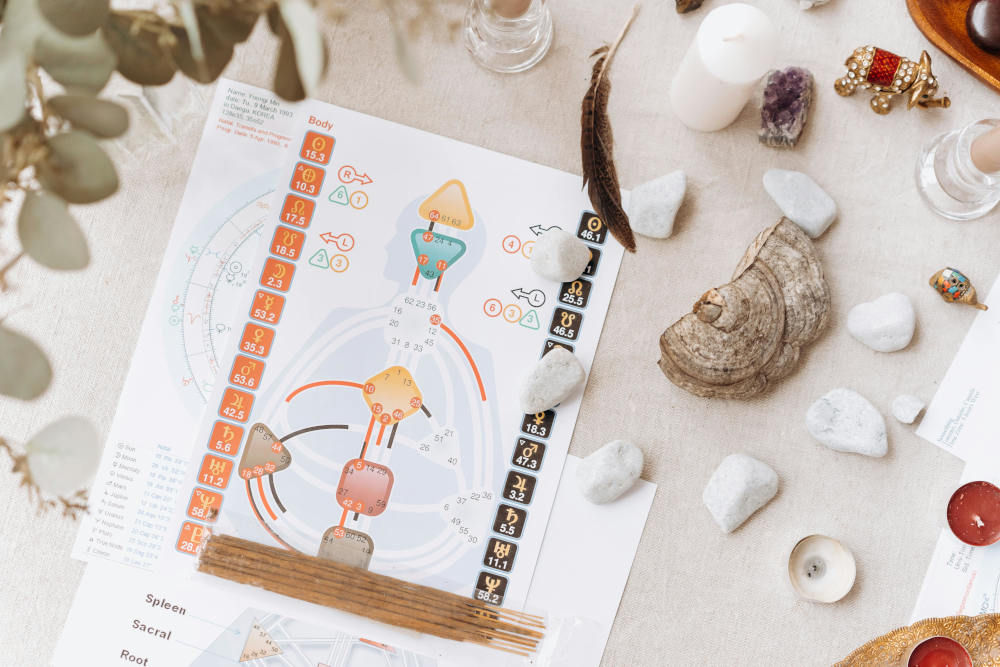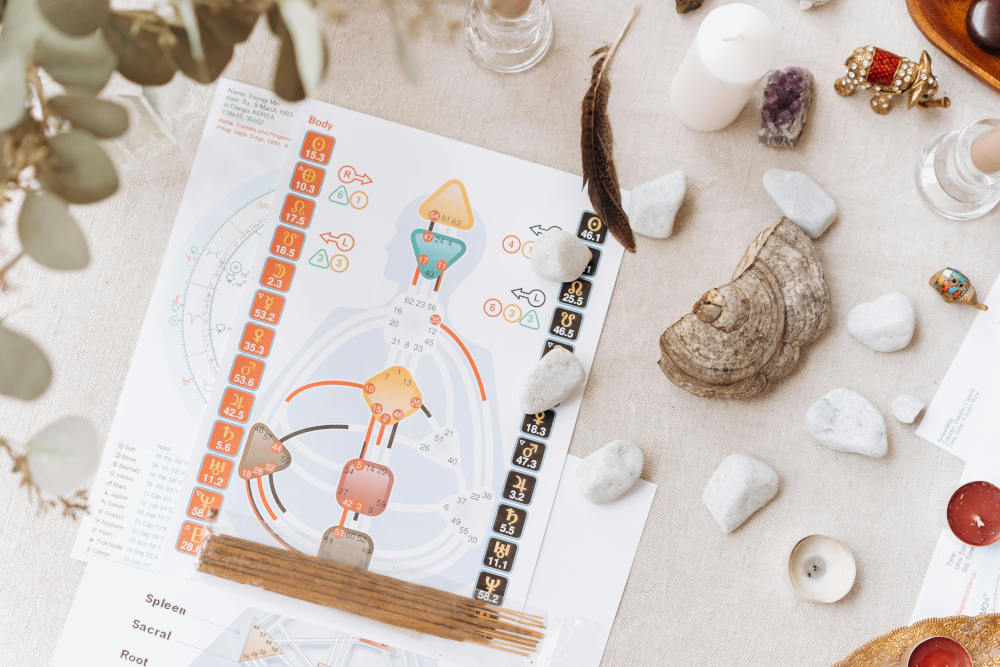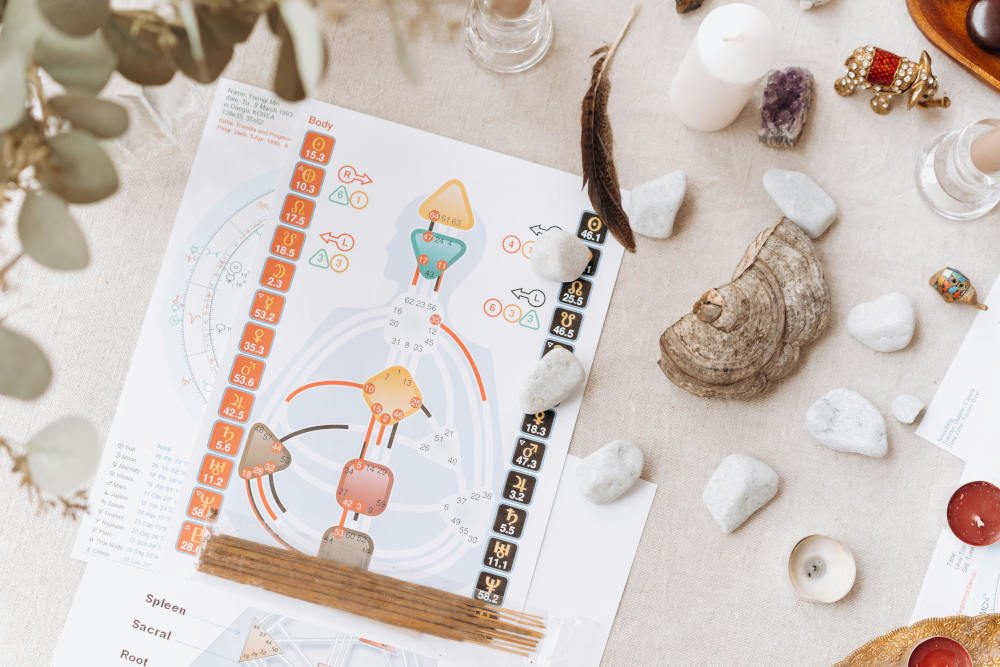
Growing herbs in pots is a practical way to enjoy fresh, fragrant plants year-round—whether you're cooking in the kitchen or decorating your balcony. But when winter rolls around, many gardeners worry: Will my herbs survive the cold?
The short answer is: some will, some won’t—and it depends on the type of herb, the climate you live in, and how you care for your potted plants during the colder months.
In this guide, we’ll explore which herbs are hardy enough to handle winter in pots, how to protect tender varieties, and practical tips to keep your potted herb garden thriving until spring.
Panaprium is independent and reader supported. If you buy something through our link, we may earn a commission. If you can, please support us on a monthly basis. It takes less than a minute to set up, and you will be making a big impact every single month. Thank you!
Understanding the Basics: Herb Types and Hardiness
Herbs fall into three main categories: perennials, annuals, and biennials. Their survival in winter depends largely on which group they belong to.
1. Perennial Herbs
Perennials can live for many years and may survive winter if cared for properly. Some are naturally cold-hardy.
Cold-hardy perennial herbs that often survive winter in pots:
-
Thyme
-
Sage
-
Chives
-
Oregano
-
Mint
-
Lavender (depending on the variety)
These herbs can survive freezing temperatures, especially if they’re native to regions with cold winters.
However, even cold-hardy herbs may struggle in pots because container soil freezes faster than ground soil. Without insulation, roots in pots are more vulnerable to frost damage.
2. Tender Perennials
These herbs are perennials in warm climates but won’t survive harsh winters outdoors.
Examples include:
-
Rosemary
-
Lemongrass
-
Bay Laurel
In USDA Zones 7 and below, these herbs must be brought indoors or heavily protected.
3. Annual and Biennial Herbs
Annual herbs live only one growing season, regardless of winter protection. Biennials like parsley may survive one winter and bloom the following spring.
Common annual herbs that will not survive winter outdoors:
-
Basil
-
Cilantro
-
Dill
Once frost hits, these herbs usually die back. If you want to keep using them, grow them indoors or replant in spring.
Factors That Affect Winter Survival in Pots
Whether herbs survive winter in pots depends on several key factors:
1. USDA Hardiness Zone
Your hardiness zone determines how cold your area gets. The lower the zone number, the colder the winter.
Even hardy herbs that survive outdoors in Zone 6+ might not tolerate winters in Zones 3–5 without extra protection.
2. Container Material
Terracotta and ceramic pots are beautiful but porous and prone to cracking in freezing weather. They also conduct cold quickly.
Better winter pot choices include:
-
Thick plastic pots
-
Fiberglass containers
-
Wood planters
-
Insulated containers
3. Drainage
Good drainage is crucial. Cold + wet soil = root rot. Elevate pots off the ground and avoid saucers that hold water.
4. Exposure to Wind and Moisture
Cold winds dry out herbs quickly. Snow and rain can oversaturate the soil.
Shelter and mulch can reduce wind exposure and regulate moisture.
How to Protect Potted Herbs in Winter
If you want your potted herbs to survive winter, take action before the first frost. Here are effective strategies:
1. Bring Herbs Indoors
For tender herbs like basil, rosemary, or lemongrass, your best bet is to move pots indoors before temperatures drop below 40°F (4°C).
Tips for indoor overwintering:
-
Place near a sunny south-facing window.
-
Use grow lights if natural light is insufficient.
-
Water sparingly—herbs need less water in winter.
-
Watch for pests like aphids or spider mites.
2. Use Cold Frames or Mini Greenhouses
A cold frame is like a mini greenhouse that traps heat and blocks wind. Place your potted herbs inside for a sheltered environment.
This works especially well for herbs like thyme, chives, or parsley.
3. Insulate Outdoor Pots
If you want to keep herbs outdoors, insulate the containers.
Ways to insulate pots:
-
Wrap pots with bubble wrap, burlap, or old blankets.
-
Place pots close to walls or under eaves for added warmth.
-
Group pots together for shared protection.
-
Mulch heavily around the base with straw, bark, or leaves.
You can also bury pots in the ground to mimic in-ground conditions and protect roots from freezing.
4. Trim and Mulch
Cut herbs back slightly to reduce stress and conserve energy. Then add a thick layer of mulch over the soil to protect roots.
For example, chives and mint benefit from a trim and a 2–4 inch mulch layer before freezing temperatures arrive.
Herb-by-Herb Survival Guide
Let’s break down how specific herbs typically handle winter in pots:
| Herb | Winter Survival in Pots | Overwintering Tip |
|---|---|---|
| Basil | No – dies in frost | Grow indoors under lights |
| Chives | Yes – cold hardy | Mulch well, may die back and regrow in spring |
| Rosemary | No in cold zones, yes in Zone 8+ | Bring indoors, give full sun |
| Thyme | Yes – hardy | Trim, mulch, or use a cold frame |
| Mint | Yes – but invasive if not contained | Cut back, mulch, can go dormant |
| Oregano | Yes – hardy | Protect roots with mulch |
| Parsley | Yes – biennial | Mulch well, may produce again in spring |
| Sage | Yes – hardy in mild winters | Needs well-draining soil, protect roots |
| Cilantro | No – annual | Replant indoors or start again in spring |
| Lemongrass | No – tropical | Bring indoors or propagate from cuttings |
| Bay Laurel | No – only hardy in Zone 8+ | Grow in a container and move indoors in winter |
What to Do in Spring
Once the danger of frost has passed:
-
Gradually reintroduce indoor herbs to sunlight over several days to avoid sunshock.
-
Trim dead growth from perennials that survived winter outdoors.
-
Refresh the potting soil if needed.
-
Fertilize lightly to encourage new growth.
Even if some herbs die back completely, don't give up. Many will regrow from the roots once warmer weather returns.
Bonus Tips for Winter Herb Gardening
-
Start a windowsill herb garden with easy-to-grow herbs like basil, chives, or parsley.
-
Harvest conservatively in winter. Allow the plant to rest and conserve energy.
-
Avoid overwatering. Herbs in dormancy or low light need much less water.
-
Label your dormant pots so you remember what’s inside come spring.
Final Thoughts: Will Herbs Survive Winter in Pots?
Yes—with the right care and preparation, many herbs can survive winter in pots. Cold-hardy varieties like thyme, sage, and chives have a good chance outdoors, especially if insulated or sheltered. Tender herbs like basil and rosemary must be brought inside to survive.
Understanding your climate, choosing the right containers, and adjusting your care routine are key to overwintering success.
By taking a little time in the fall to prepare your herb garden, you’ll ensure that your favorite culinary and medicinal plants are ready to flourish again in the spring.
Sources:
-
USDA Plant Hardiness Zone Map
-
University Extension Services (e.g., Oregon State, Michigan State)
-
RHS Gardening Advice (Royal Horticultural Society)
-
Almanac.com
Was this article helpful to you? Please tell us what you liked or didn't like in the comments below.
About the Author: Alex Assoune
What We're Up Against
Multinational corporations overproducing cheap products in the poorest countries.
Huge factories with sweatshop-like conditions underpaying workers.
Media conglomerates promoting unethical, unsustainable products.
Bad actors encouraging overconsumption through oblivious behavior.
- - - -
Thankfully, we've got our supporters, including you.
Panaprium is funded by readers like you who want to join us in our mission to make the world entirely sustainable.
If you can, please support us on a monthly basis. It takes less than a minute to set up, and you will be making a big impact every single month. Thank you.






































0 comments